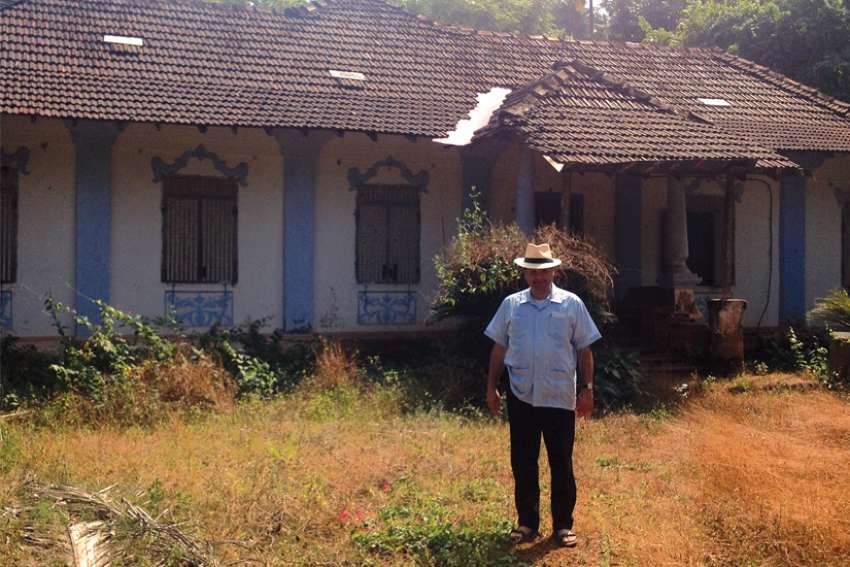Many years ago, I heard the story of a school principal in South Africa who quit his job rather than submit to the school’s apartheid policy of racial discrimination. His friends told him he was crazy, but he said, “One day I am going to meet God, and God will ask me, ‘Where are your wounds?’ If I reply that I have no wounds, God will ask me, ‘Was there nothing that was worth fighting for?’ I could not face that question.”
When I was in Grade 8 at St. Augustine School in Regina, one of the priests at the neighbouring Little Flower Church frequently asked me to be the altar server at funerals. After a few of these ventures, my teacher told me to stop taking time away from school to serve at these Masses. I considered his command and decided that since this was a Catholic school, being the server at these funerals was the right thing to do. So, I engaged in my first acts of civil disobedience.
Hate crimes
It’s sad that we have come to a time when churches and statues of saints are being defaced and vandalized.
A new low
Re: Wanton destruction of religious art:
The standard dictionary definition for an iconoclast is one who attacks cherished beliefs and institutions and a destroyer of images used in religious worship.











